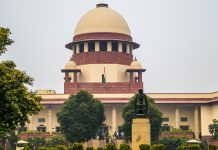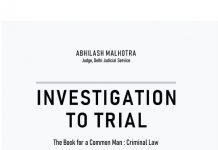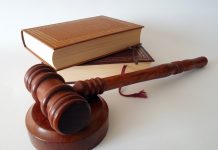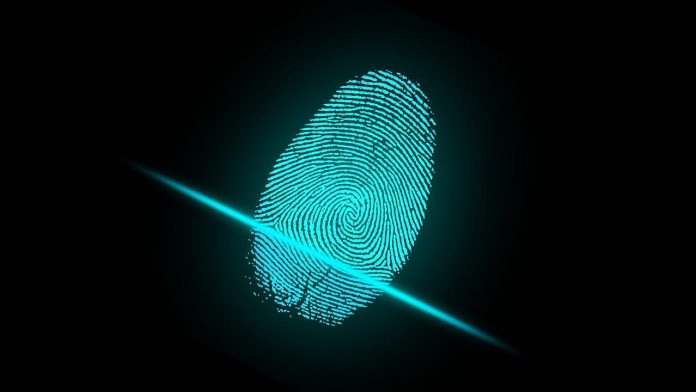In this modern era, even the offenders are equally equipped with such skill sets that can help them evade any kind of suspicion or guilt. This is where scientific/forensic evidence plays a pivotal role in nabbing criminals and delivering justice. In order to establish irrefutability of any kind of evidence, experts are called upon to testify to that effect.
The expert opinion helps the judge to understand the intricacies and nuances of a complex matter and thus providing credibility and objectivity to particular evidence.
But the real question still remains, how much weightage should be given to an expert opinion? Can a conviction be upheld upon a sole testimony of an expert in the absence of any direct evidence?
Thus, it can be said that the expert opinion in numerous matters relating to identification of thumb impression, handwriting, footprints, fixing paternity, time of death, age of the parties, cause of death, possibility of the weapons used, disease, injury, sanity and insanity of the parties and other question of science or trade has become the need of hour and the person having the required skills on that subject (called experts), are allowed to give their opinions in evidence as well as testify to facts/details leading to their opinion.
WHO IS AN EXPERT?
Section 45 of the Indian Evidence Act, 1872 states that “When the Court has to form an opinion upon a point of foreign law or of science or art, or as to the identity of handwriting[or finger impressions], the opinions upon that point of persons specially skilled in such foreign law, science or art,[or in questions as to the identity of handwriting][or finger impressions] are relevant facts. Such persons are called experts.”
WHY DO WE NEED AN EXPERT’S OPINION?
When it comes to modern-day criminal trials, reliance has been shifted to more scientific and forensic evidence than the conventional methods of witness testimonies, statements by the accused, documents, arguments and submissions because of the mere reason of uncredible and lack of confidence in them.
It is least practical for a magistrate to be aware of the intricacies of scientific and forensic evidence. With trial and investigation becoming more and more complex and critical every day, the need of the experts to analyse the evidence and give a rational opinion to the magistrate for him to understand the facts involved has become impeccable.
The opinion of an expert having a special set of skills in that particular field is relevant for the point of admissibility before the Court of law. When there is a lack of direct evidence, expert evidence is sought to corroborate the existing evidence.
HOW MUCH WEIGHTAGE SHOULD BE GIVEN TO AN EXPERT OPINION?
There are a plethora of judgements which conveys that expert evidence is not a substantive piece of evidence. Courts must be cautious while evaluating the expert evidence, since it is a weak piece of evidence and not substantive in nature. One must seek independent and reliable corroboration before relying upon the expert evidence because it is not conclusive proof.
Like other witnesses of the case, an expert is not a witness to the facts of the case. The expert’s opinion is mere advisory in nature.
CONCLUSION
Nevertheless, there is no bar which precludes the Court from solely relying upon the expert evidence. It is just a matter of caution, that the Court must determine its creditworthiness after considering all other relevant evidence with due care and caution. How much reliance should be given to an expert’s opinion lies within the domain and discretion of the court.















